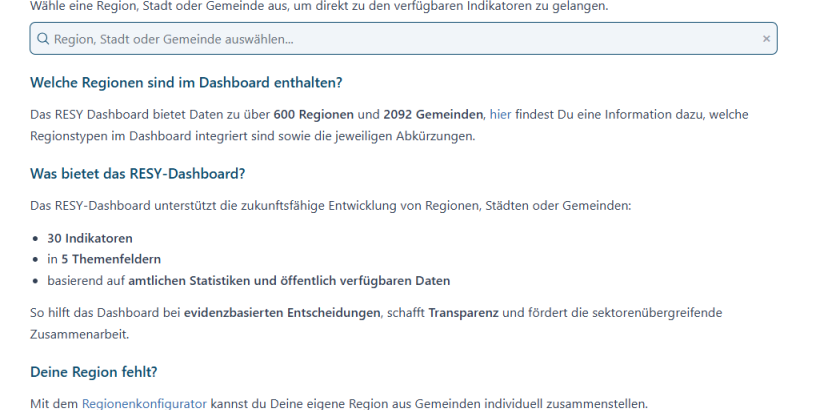
The 10th European Cities for Sustainable Public Finances (CSPF) meeting was held in London on May 19-20, 2025. Against the backdrop of the EU AI Act’s impact on local governments, the meeting dealt with how AI is being utilized by local government and what horizons are opening up in this area.
Among other initiatives involving the City of London, the CSPF heard about the “Extract” project, developed with the Ministry of Housing, Communities and Local Government. Extract uses AI to digitize planning constraints from older (legacy) PDF documents into structured data. By automating text analysis, map extraction, and geolocation, Extract streamlines planning processes, reduces invalid applications, and supports the UK’s goal of addressing the housing crisis.
A specialist from Microsoft then explored AI's role in budgeting and fiscal planning, specifically how AI can improve revenue forecasting, budget allocation, and optimize public spending. He mentioned the AI Red Box as an example of this technology enhancing government function. The Ministerial Red Box, used for state papers, inspired its AI counterpart, a tool designed to search and summarize thousands of government documents into tailored briefings, and which is now used by the UK Cabinet Office. Findings concerning the priorities for AI use among public officials were also presented, with forecasting budgets and identifying variances in financial data in need of reconciling coming at the top.
It was suggested that AI is not fundamentally disruptive to the jobs market, as evidenced by Microsoft’s huge savings over the past year, which saw call centres closing, but an equal increase in other jobs, albeit other speakers took an opposite, more pessimistic view.
The group also discussed how AI could move beyond so-called “green tagging,” looking at findings from the Paris Collaborative on Green Budgeting. This included an examination of how AI could assist in public financial management and detect inefficiencies, with some suggesting that, while AI is invaluable for finding patterns, it is less useful for policy-makers wanting to plot the best course forward.
A panel session on AI User-Cases featured projects from Hamburg, Trondheim, and the City of London. Each presented a different project through which commercially available AI software has been adapted to their city’s needs and made available to public employees.
An interactive working session concerning how to balance cost-saving and potential human resource impact came to the consensus that AI is indeed, likely to reduce the need for many jobs in financial departments in the medium-term, albeit this may free up resources to hire higher-skill personnel able to carry out tasks such as auditing AI algorithms.
Among the meeting's take-aways, we may highlight general agreement to revisit the topic, given that AI will remain prominent and only increase in applications.



